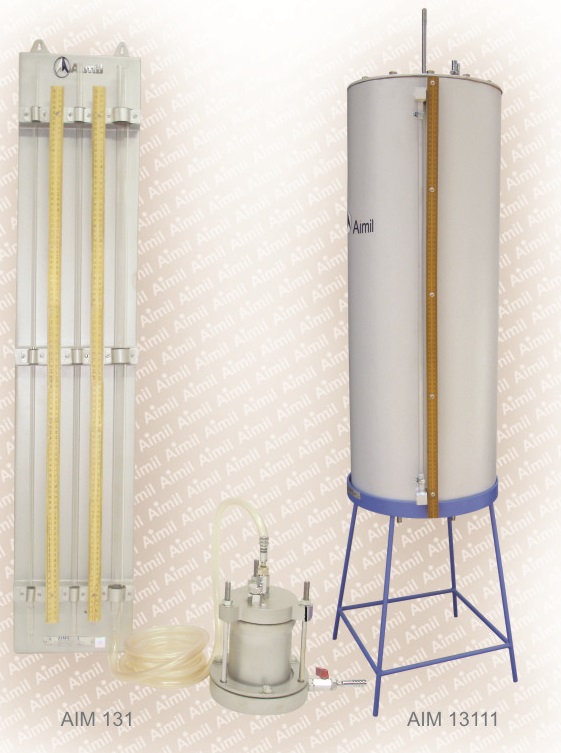Permeability is a property of soil which permits flow of water through its interconnecting voids. Permeability is an important engineering property which governs the rate of settlement of saturated compressible soil layers and the rate of flow of aquifer. Permeability is taken into account for pumping ground water, spacing well points for de-watering foundation sites for excavation, retention of water in reservoirs, design of dams and selection of soils to be used for various zones of embankments of dams and reservoirs. Coefficient of permeability can be computed from effective diameter of particles, porosity, specific surface and from consolidation test results. But permeability depends on numerous factors; hence, determination of permeability by direct laboratory method using an apparatus called Permeameter is considered more accurate. Specimen used in a permeameter is small, time taken is less and results obtained are accurate. There are two types of Permeameters, namely Constant Head Permeameter and Falling Head Permeameter. Falling Head Permeameters are used for testing remoulded or undisturbed fine grained soil having less than 10·2 cm/sec coefficient of permeability and Constant Head Permeameters are used for coarse grained cohesion less soils.
Ref. Standards IS:2720 (Part 17), IS:11209

